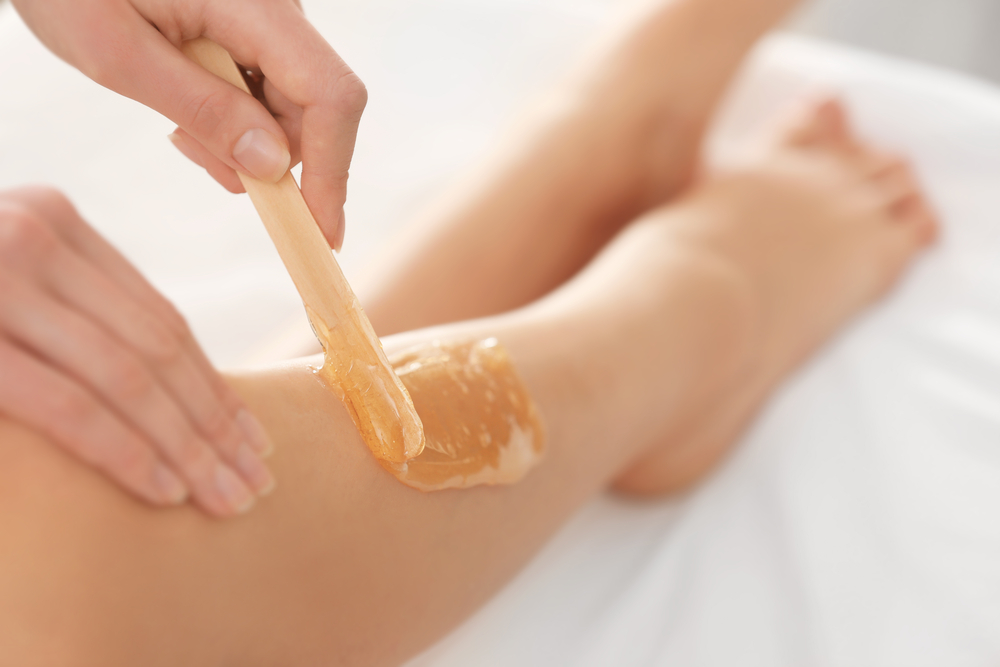Practical Self-Care for Skin, Grooming, and Wellness
Self-care is a broad practice that includes daily habits, occasional treatments, and choices that support physical and mental wellbeing. Approaching self-care with realistic routines helps maintain skin health, manage grooming needs, and support overall wellness without overwhelming your schedule or budget. This article outlines practical, evidence-informed approaches you can adapt to your lifestyle.

This article is for informational purposes only and should not be considered medical advice. Please consult a qualified healthcare professional for personalized guidance and treatment.
Waxing and skin preparation
Waxing can be an effective hair-removal method when done with attention to skin preparation and aftercare. Before waxing, gently exfoliate a day or two prior and avoid heavy topical products that may irritate. On the day, ensure skin is clean and dry; for sensitive areas, a patch test or shorter session may reveal reactions. After waxing, use soothing, fragrance-free moisturizers and avoid sun exposure and hot baths for 24–48 hours to reduce inflammation. If you experience persistent redness, swelling, or signs of infection, seek professional advice.
Beauty routines for everyday self-care
A simple, consistent beauty routine supports skin health and personal confidence. Start with a gentle cleanser, a moisturizer suitable for your skin type, and daily sunscreen to protect against UV damage. Incorporating targeted products—such as a hydrating serum or a mild exfoliant—can address specific concerns, but avoid layering too many active ingredients at once. Aim for routines that are sustainable: short morning and evening steps are more likely to be maintained than long, infrequent regimens. Beauty routines are also opportunities for mindful moments that reinforce self-care.
Grooming habits that support wellbeing
Grooming extends beyond appearance; it can improve comfort, reduce irritation, and contribute to a sense of order. Regular nail care, hair trimming, and managing body hair through methods like trimming or waxing should prioritize skin integrity and hygiene. Use clean tools and replace disposables regularly to reduce infection risk. Tailor grooming frequency to your personal needs—some people require weekly attention, others monthly. Thoughtful grooming supports social confidence and can be a practical component of daily self-care habits that promote wellbeing.
Self-care practices for mental and emotional balance
Effective self-care includes mental and emotional practices that lower stress and support resilience. Short daily practices—such as focused breathing, brief walks, journaling, or setting gentle boundaries—help regulate mood over time. Combine these with restorative activities you enjoy: reading, creative hobbies, or low-intensity movement. Consistency matters more than intensity; small, regular practices are more beneficial than sporadic, high-effort attempts. If feelings of anxiety or depression persist, reach out to a mental health professional for tailored support.
Wellness and finding local services
Some self-care needs are best met with professional support, whether that’s a licensed esthetician for waxing, a dermatologist for persistent skin issues, or a counselor for emotional care. When seeking local services, check credentials, read client reviews, and ask about sanitation and aftercare policies. Many providers offer initial consultations to discuss needs and any contraindications. Scheduling regular maintenance with trusted local services can complement at-home routines and ensure treatments are appropriate for your skin type and health status.
Conclusion
Self-care blends practical routines, occasional professional treatments, and mental health practices into a personalized plan that supports overall wellness. Focus on sustainable habits—gentle skin care, responsible grooming, mindful beauty routines, and mental health practices—that fit your life and respond to changes over time. Regularly reassess your needs, and when in doubt about a treatment or a persistent concern, seek guidance from qualified local services or healthcare professionals.




